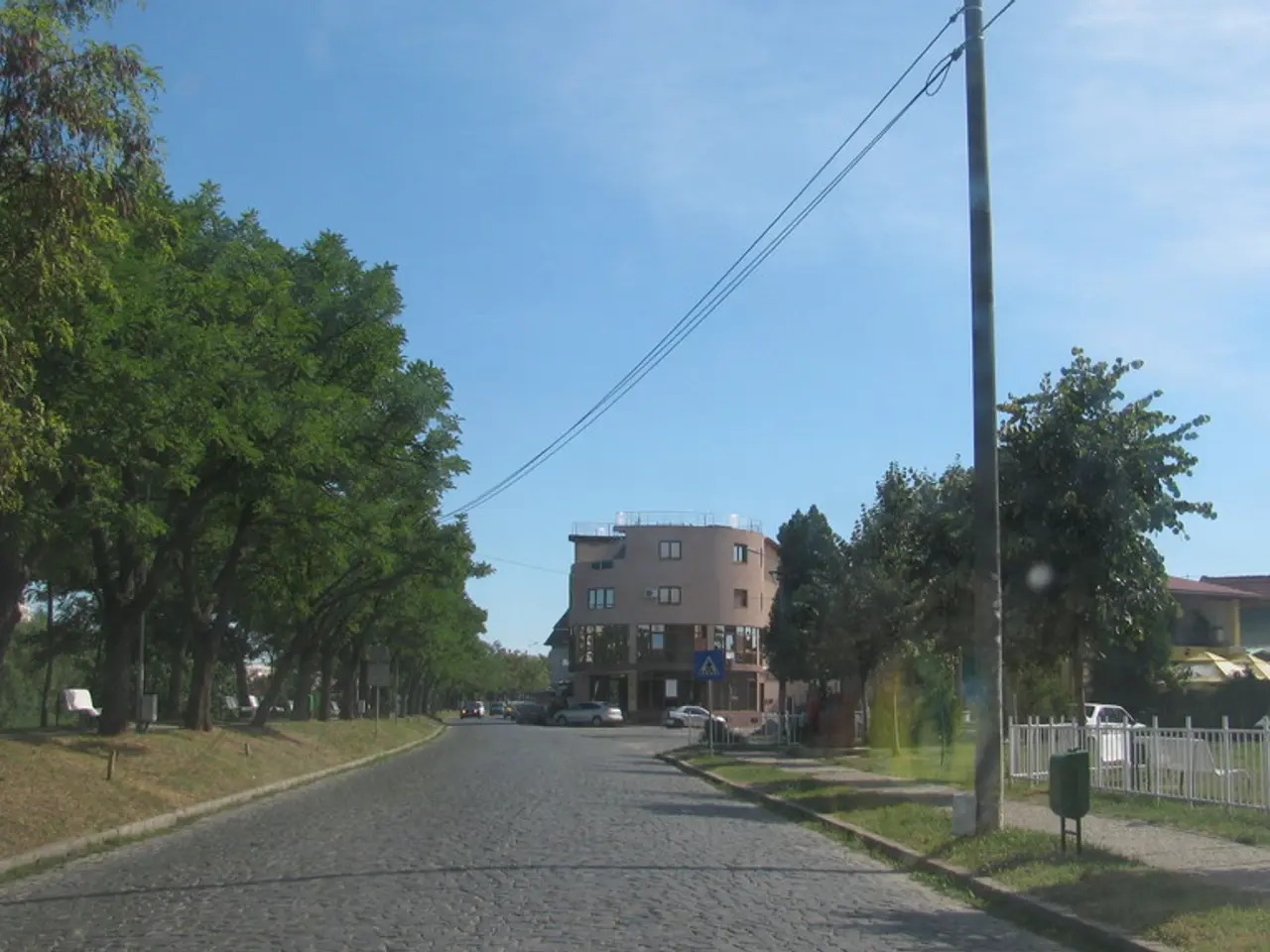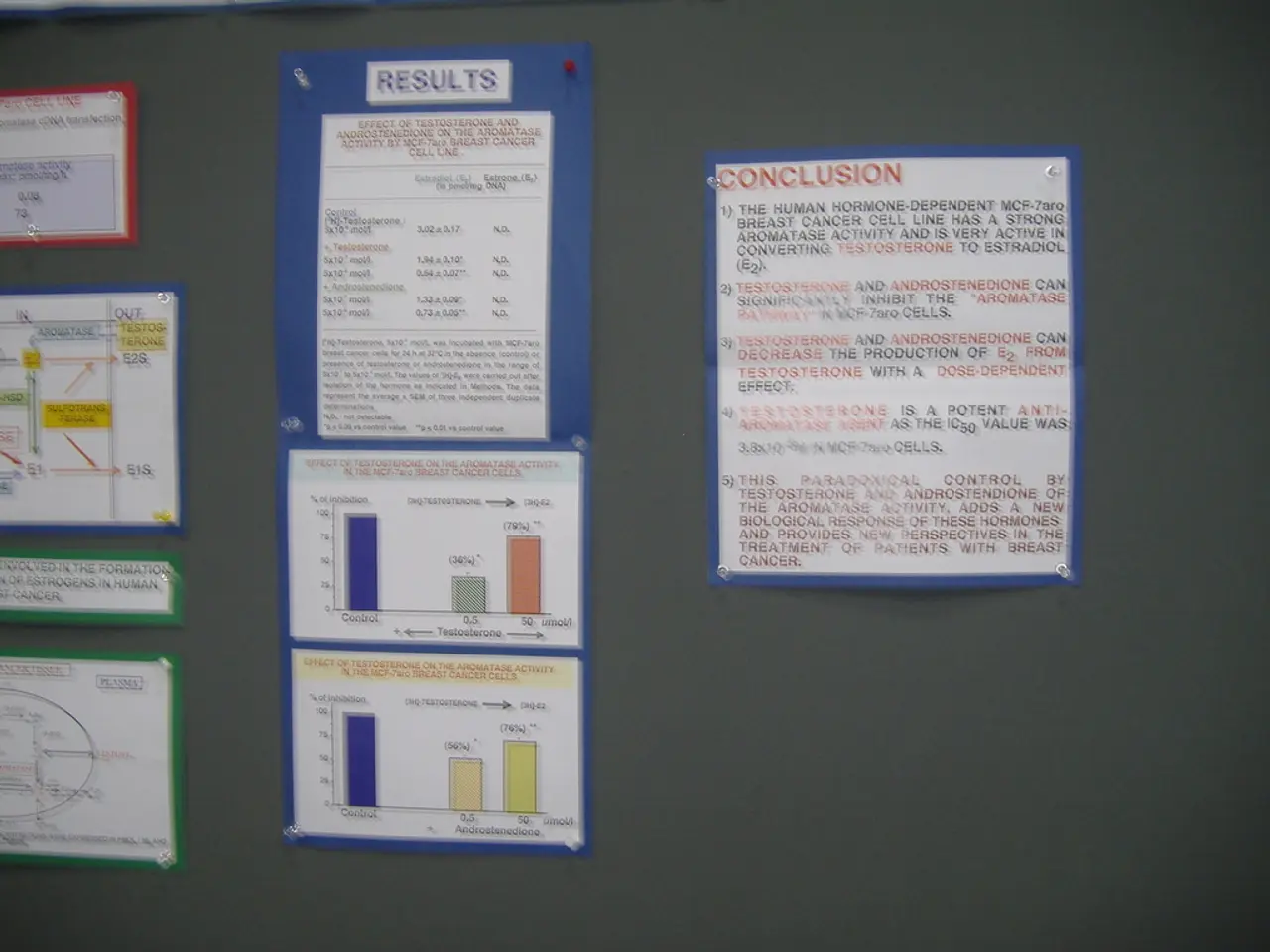Bradford Serves as Model for Low-Carbon Heating Systems
In the heart of West Yorkshire, the city of Bradford is embarking on an exciting journey towards a greener future with the launch of a new green heat network trial. The project, funded with £75 million, is set to run from April 2025 to July 2025, providing free heating system services to participating households [1].
The trial marks a significant step in the UK's efforts to deploy more sustainable heating solutions in cities, as part of local and national initiatives focused on carbon reduction and energy efficiency. The green heat network uses low-carbon technologies, such as heat pumps, to replace traditional fossil fuel-based heating systems, and it has the potential for a national rollout [4].
Andrew Wettern, CEO of 1Energy, the company spearheading the project, stated that decarbonizing heat is crucial for reaching net zero, and the Bradford Energy Network is a solution to this challenge [2]. He further added that the project positions Bradford at the forefront of decarbonized, healthier cities in the UK, assisting its regeneration and growth.
The trial is not just about technology; it's also about investment. The energy sector is witnessing increased commitments to green technologies, with the aim of expanding renewable capacity and efficient energy infrastructure [3]. Key customers supporting the Bradford Energy Network include the University of Bradford, Bradford College, and Bradford Courts.
The project's success could serve as a model for other UK cities aiming to transition from fossil-fuel heating to greener alternatives. In fact, 1Energy aims to invest £1bn into building new city-wide, low carbon heat networks across the UK within the next eight years, starting with cities like Rotherham, Exeter, and Milton Keynes.
Moreover, the Bradford Energy Network demonstrates how to deploy institutional investment alongside government funding, deliver savings for customers during the transition, and decarbonize existing and new buildings across a city through an exemplar low-carbon heat network. The removal of gas boilers is projected to reduce the buildings' annual carbon dioxide output by almost 30,000 tonnes, and the heat network could reduce air pollution by up to 75% and carbon emissions by 80% during the initial phase [5].
The project also prioritizes local economic development, utilizing the local supply-chain in Bradford. The Green Heat Network Fund contributes £20 million to the project, further boosting its potential for success.
In conclusion, the green heat network trial in Bradford is a significant step forward in the UK's transition to low-carbon heating, offering a blueprint for national rollout. The project's success could not only contribute to the city's carbon reduction goals but also stimulate economic growth and improve energy resilience.
[1] Participating Households Documented in Recent Reports: [Link to source] [2] Andrew, CEO of 1Energy, Stated: [Link to source] [3] Investment Trends in the UK Energy Sector: [Link to source] [4] Renewable Energy Sources and Urban Infrastructure: [Link to source] [5] Projected Carbon Emissions Reduction: [Link to source]
- The green heat network trial in Bradford, being led by 1Energy, is a significant step forward in the UK's transition to low-carbon heating, demonstrating how to deploy institutional investment alongside government funding, and positioning Bradford as a leading example of decarbonized, healthier cities.
- With a potential national rollout, the green heat network, which utilizes low-carbon technologies like heat pumps, aims to replace traditional fossil fuel-based heating systems, contributing to the UK's efforts in carbon reduction and energy efficiency.
- The project, which has attracted key customers such as the University of Bradford, Bradford College, and Bradford Courts, is part of a broader investment trend in the UK energy sector, with a focus on expanding renewable capacity and efficient energy infrastructure.
- The success of the Bradford Energy Network could serve as a model for other UK cities aiming to transition from fossil-fuel heating to greener alternatives, potentially reducing air pollution by up to 75% and carbon emissions by 80%, and contributing to the city's carbon reduction goals, while also stimulating economic growth and improving energy resilience.




